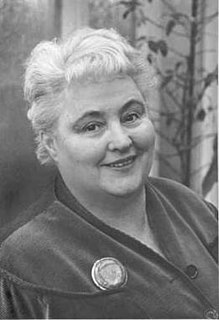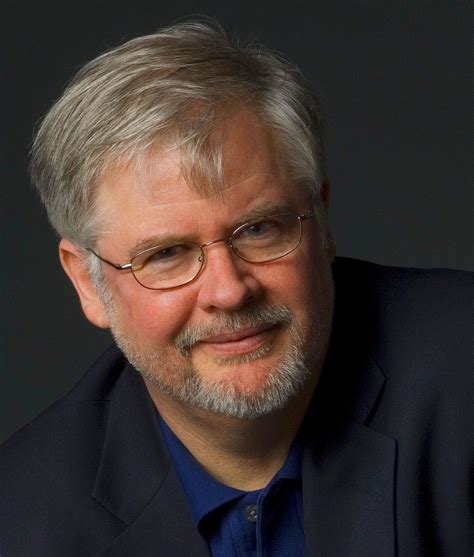A Quote by Margery Allingham
Infatuation is one of those slightly comic illnesses which are at once so undignified and so painful that a nice-minded world does its best to ignore their existence altogether, referring to them only under provocation and then with apology, but, like its more material brother, this boil on the neck of the spirit can hardly be forgotten either by the sufferer or anyone else in his vicinity. The malady is ludicrous, sad, excruciating and, above all, instantly diagnosable.
Quote Topics
Above
Altogether
Anyone
Anyone Else
Apology
Best
Boil
Brother
Comic
Does
Either
Else
Excruciating
Existence
Forgotten
Hardly
His
Ignore
Illnesses
Infatuation
Instantly
Like
Ludicrous
Malady
Material
Minded
More
Neck
Nice
Once
Only
Painful
Provocation
Referring
Sad
Slightly
Spirit
Them
Then
Those
Vicinity
Which
World
Related Quotes
There is something in us, as storytellers and as listeners to stories, that demands the redemptive act, that demands that what falls at least be offered the chance to be restored. The reader of today looks for this motion, and rightly so, but what he has forgotten is the cost of it. His sense of evil is diluted or lacking altogether, and so he has forgotten the price of restoration. When he reads a novel, he wants either his sense tormented or his spirits raised. He wants to be transported, instantly, either to mock damnation or a mock innocence.
He alone is worthy of the appellation who either does great things, or teaches how they may be done, or describes them with a suitable majesty when they have been done; but those only are great things which tend to render life more happy, which increase the innocent enjoyments and comforts of existence, or which pave the way to a state of future bliss more permanent and more pure.
Man is more than his environment. It is from the innate quality of the Spirit in him, his inner storehouse, that he draws those ideas, his intuitions, which unify his perceptions of the external world instantaneously with a value which is qualitative and not quantitative, and which he embodies in the works of his culture - those achievements which belong not only to one particular time but to all times, and mark the path of his upward progress.
I never thought I was doing anyone a favour by bringing children into the world. With people as cruel to each other as they are, it's a terrible proposition. The best of lives are sad and tragic. The best of them. My general conclusion is that it's not a nice thing to do. The world doesn't need it. The kid doesn't need it.
It is with art as with love: How can a man of the world,with all his distractions, keep the inwardness which an artist must possess if he hopes to attain perfection? That inwardness which the spectator must share if he is to understand the work as the artist wishes and hopes... Believe me, talents are like virtues; either you must love them for their own sake or renounce them altogether. And they are only recognized and rewarded when we have practised them in secret, like a dangerous mystery."
She was still under the spell of her infatuation. She had tried to forget him, realizing the inutility of remembering. But the thought of him was like an obsession, ever pressing itself upon her. It was not that she dwelt upon details of their acquaintance, or recalled in any special or peculiar way his personality; it was his being, his existence, which dominated her thought, fading sometimes as if it would melt into the mist of the forgotten, reviving again with an intensity which filled her with an incomprehensible longing.
What does "living your best life" mean to you? Does it mean accumulating wealth and fulfilling all your material wants? Or, does it mean turning away from the material world in order to fully realize the gift of spirit? We often tend to think of these objectives as being mutually exclusive: material fulfillment or spiritual fulfillment, not both together.
Above all, Alzheimer wanted the medical world to recognize that mental illnesses have an undeniable material component. There was an obvious political reason for taking such a position because it could then be established that dementia-like conditions are not part of the spiritual/theological domain, but undeniably biological in origin and therefore not attributable with moral implications.





































